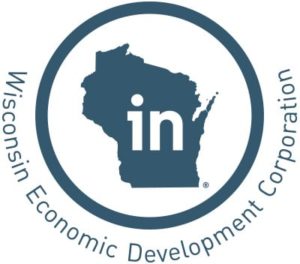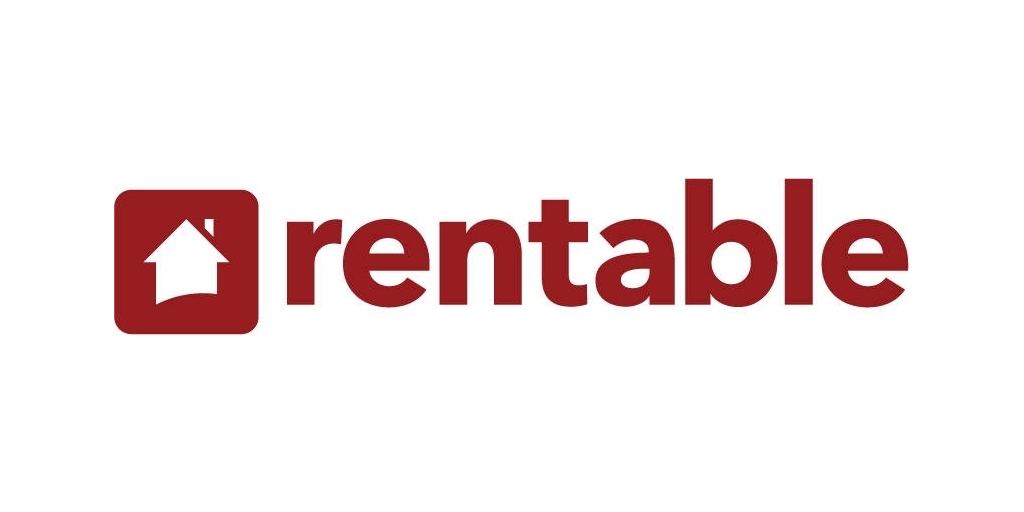How the State’s QNBV Program Fared in 2020

The State of Wisconsin’s Qualified New Business Venture (QNBV) was launched in 2005 to incentivize investments in early-stage businesses in the state. These businesses must first register with the state, after which any entity investing in the QNBV-certified businesses are eligible to receive a tax credit equal to 25 percent of the amount of the equity investment.









